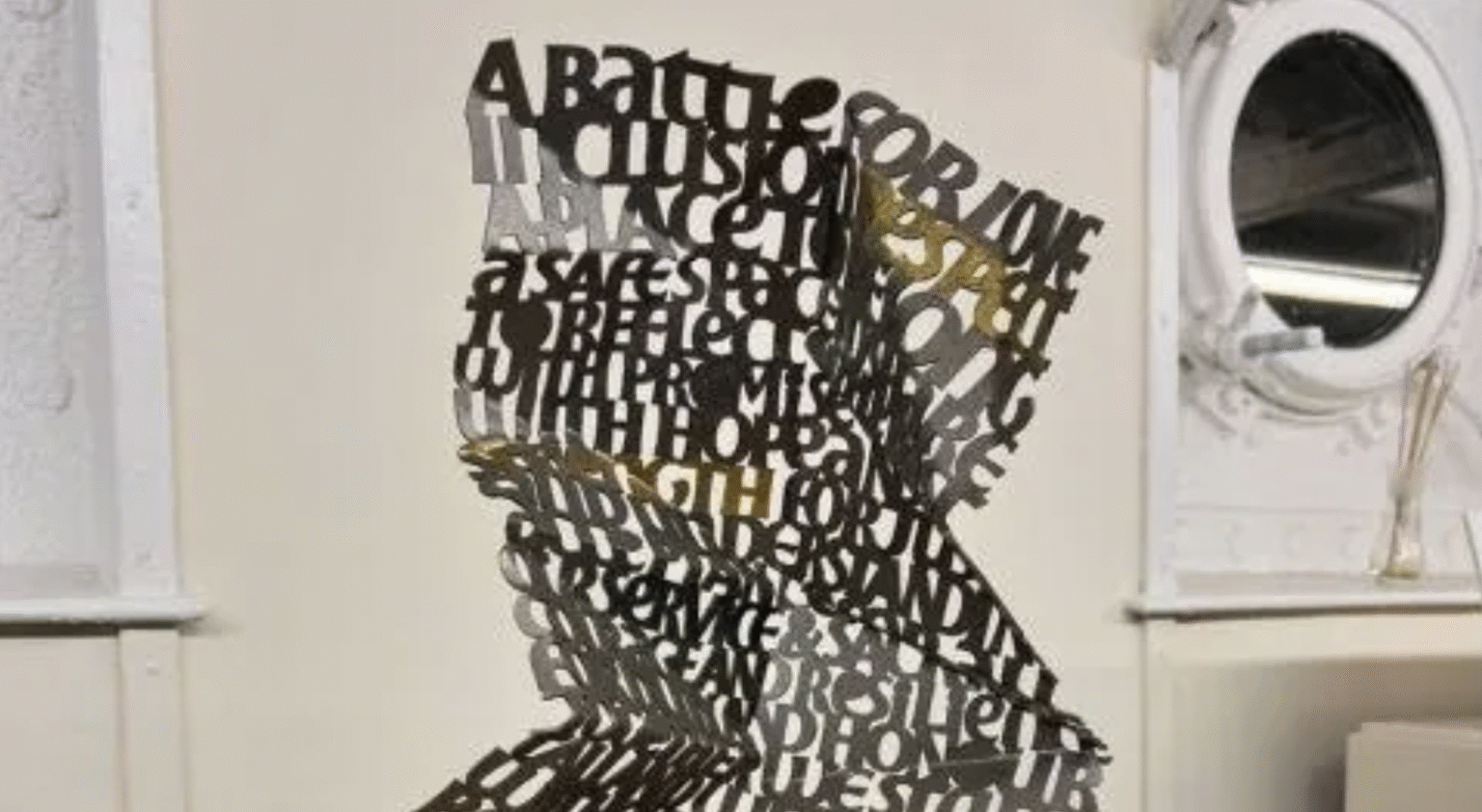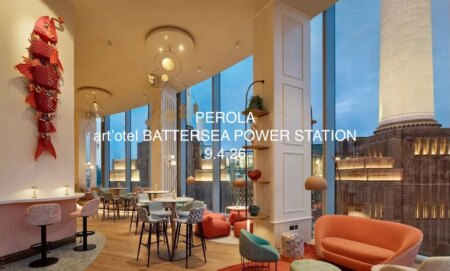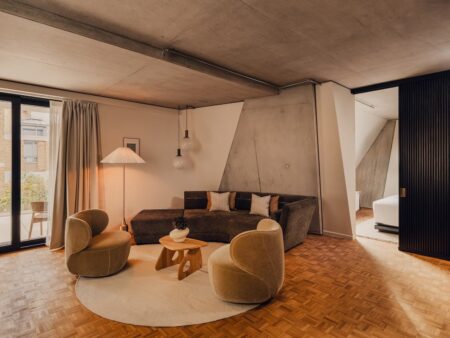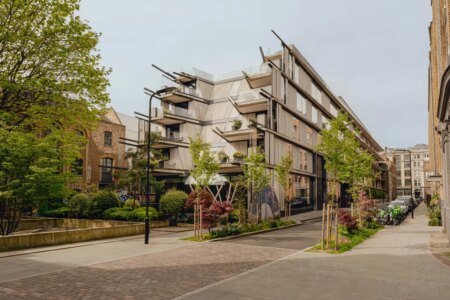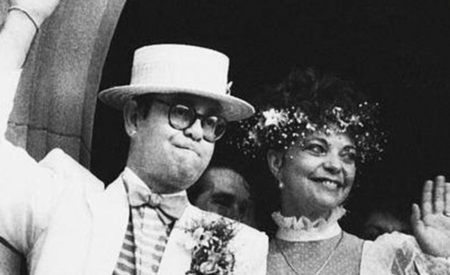King Charles III is set to unveil a memorial dedicated to lesbian, gay, bisexual, and transgender (LGBT+) military personnel in his first official engagement supporting the LGBT+ community. The monument, called ‘the open letter’, honours members of the LGBTQ+ community currently serving in the armed forces and commemorates those who suffered under the British military’s ban on gay service, which was in place until 2000. Those affected faced intrusive investigations, dismissals, and, in some cases, imprisonment. Veterans involved in campaigning for change see the memorial as a powerful symbol of closure after decades of legal battles and advocacy for reparations.
The bronze sculpture, created by the Norfolk-based artist collective Abraxas Academy, will be unveiled at the UK’s National Memorial Arboretum in Staffordshire, a national remembrance site. The artwork is designed to resemble a crumpled piece of paper inscribed with words from personal letters once used as evidence to incriminate LGBT+ personnel. This memorial is among 49 recommendations from the Etherton Review, an independent government-commissioned report that documented the abuse and prejudice experienced by LGBTQ+ veterans during the military ban. The late Lord Etherton, who chaired the review, described the findings as ‘shocking’, revealing a culture rife with homophobia, bullying, and sexual assaults endured by those targeted under the ban.
One veteran whose story highlights the traumatic reality of the ban is Pádraigín Ní Rághillíg, who served in the Women’s Royal Air Force. Although she had not fully realised her sexuality when she joined in 1976, her feelings for a female friend led to her exposure. After being seen kissing a woman from the Women’s Royal Navy, she endured invasive interrogations involving intimate questioning and was pressured to betray other gay servicemembers. She was eventually ousted from nearly a decade of service. During the process of her forced repatriation from RAF Gibraltar, Ms Ní Rághillíg was sexually assaulted by a male colleague in an effort to ‘turn her straight’, a horrific experience she described as terrifying and akin to a ‘sweepstake’ among men betting on who could ‘sort her out’.
Accounts of sexual assault and harassment among dozens of other LGBTQ+ veterans under the ban are documented extensively in the Etherton Review. The Royal British Legion has publicly condemned the mistreatment detailed in the report, urging the government to fully implement the review’s recommendations, including financial recognition and support for the affected veterans. Likewise, the charity Help for Heroes has endorsed the call for an official apology and compensation for those wrongfully discharged, imprisoned, or subjected to so-called conversion therapies due to their sexuality or perceived sexuality. The Prime Minister has since issued a formal apology to the LGBTQ+ veteran community in the House of Commons.
The memorial initiative was led by Fighting With Pride, the UK’s only LGBTQ+ veterans’ charity, which worked to ensure the monument reflects the perspectives of the LGBT+ serving and veteran community. The project is government-funded, aiming to create a space for remembrance, community pride, and raising awareness of the experiences and contributions of LGBT+ armed forces personnel.
Nina Bilbey, the design lead for Abraxas Academy, described involvement in the project as ‘humbling’, recognising how long the community has waited for official recognition. For veterans like Ms Ní Rághillíg, the memorial stands as a lasting testament not only to their suffering but also to the resilience of the LGBTQ+ community serving in the military today. As she reflected, with time, many affected will no longer be alive to tell their stories, but the memorial will endure, ensuring their experiences and the ongoing presence of LGBTQ+ personnel in the armed forces are not forgotten.
Source: Noah Wire Services







